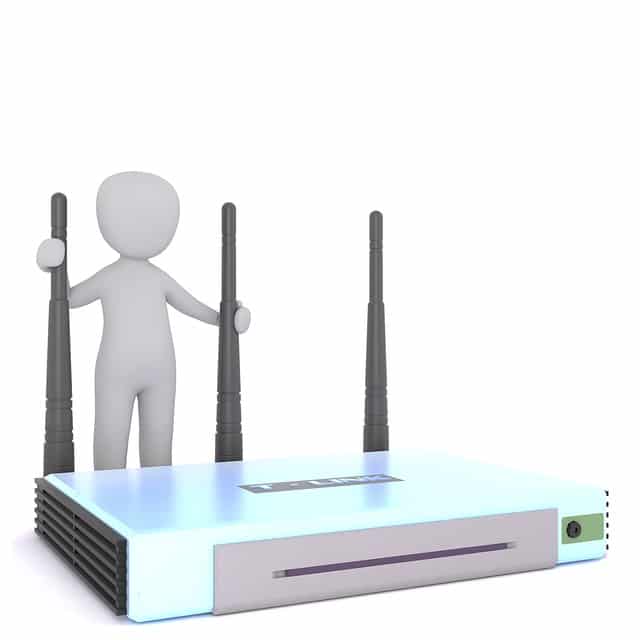
TCP IP refers to a set of protocols that enable data transfer between computer networks.
TCP/IP is a name that identifies the group of network protocols that support the Internet and that make data transfer between computer networks possible. Specifically, it can be said that TCP/IP refers to the two most important protocols of this group: the one known as Transmission Control Protocol (or TCP) and the so-called Internet Protocol (presented with the acronym IP) .
In this sense, it is necessary to emphasize that what the first of the aforementioned protocols does is provide very reliable transport of data within what is the OSI reference transport level. And while, the second, the IP protocol, is identified and defined especially by the fact that what it does, at the network level, is offer us the possibility of directing the aforementioned to other machines.
TCP/IP protocol levels
There are four levels of TCP/IP protocols :
Application level . It is the highest within the protocol at hand and it contains a series of applications that have the ability to access various services that can be accessed via the Internet.
Transportation level . It is responsible for offering communication between application program ends.
Network level. It is dedicated to carrying out a series of actions on the information it receives from the previous level and then undertakes sending it to the level below it.
Link level . Its clearest mission is to transmit the information it receives to the hardware.
In any case, we must not forget that this set houses more than 100 different protocols, among which are HTTP (HyperText Transfer Protocol) , necessary to gain access to each website; ARP (Address Resolution Protocol) , which allows addresses to be resolved; FTP (File Transfer Protocol) , essential when you need to transfer files; SMTP (Simple Mail Transfer Protocol) and POP (Post Office Protocol) , among others.

TCP IP is key to the functioning of the Internet.
Its importance on the Internet
TCP/IP , as mentioned above, is a fundamental element for the Internet. Its development was led by the United States Department of Defense , which in 1972 managed to put it into practice by running it on a wide area network known as ARPANET .
A project is called ARPANET (Advanced Research Projects Agency Network) which has its origins in a proposal that belonged to the ARPA agency, from which it takes its name. It consisted of setting up a link between the computers of various institutions with which it was collaborating to achieve what was the decentralization of information storage.
The TCP/IP protocol group was designed for routing and offers a high level of reliability, making it suitable for large networks and enabling the Internet to operate globally. It is also compatible with standard tools that analyze network operation.
As for the points against TCP/IP , it is often mentioned that it is somewhat more complex to configure and keep under control than other systems , and that it can operate noticeably slowly on networks with a low traffic volume.
